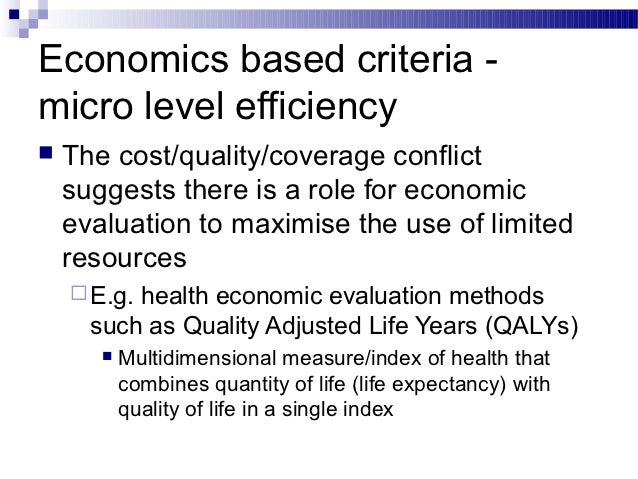The Economics Of Health Reconsidered Pdf Converter


This book reconsiders the field of health economics as it is traditionally taught and practiced. Center Courts Drivers Training Saginaw Michigan. Free Pat Files For Revit Tutorials. It critically examines economic theory as applied to the health sector and questions the prevailing belief that a competitive healthcare marketplace results in the best outcomes. New information, including an overview of standard microeconomic theory, makes this new edition an ideal stand-alone text for health economics and health policy courses. From the Author: (1) What Inspired Me to Write Book: Over the years, much of my research on such topics as insurance markets, physician-induced demand, and cost containment had led me to believe that markets were often ineffective in bringing about socially desirable outcomes in health market. I had not, however, had the time to come up with a unifying framework. During a sabbatical taken from UCLA, I delved into finding such a framework; the book develops one based on an extensive reading in the area of welfare economics, a sub-field of the discipline that seeks to determine the social desirability of alternative economic states. I then spent the remaining time considering its lessons for health care markets.
Making them take on the economic consequences of health care utilization by patients (Ellis. Since its introduction in 1977, the national health insurance programme in Korea has paid health care pro- viders on a fee-for-service basis. Relative value of a service by a conversion factor, which converts the relative value into. Rex Research (established 1982) collects and disseminates reports about suppressed/dormant/emerging science, inventions, technologies, experiments, and.
Do Dewalt Tools Have Serial Numbers. The goal of the book is to make researchers, policy makers, and students reconsider the role of markets in the health area. It is often believed that economic theory shows markets to be a superior way to organize an economic activity, but this depends on the fulfillment of so many assumptions --- 15 are discussed in the book -- that simply are not met in health sectors. The book does not show which health care activities should rely on markets and which should not -- that is an empirical question that societies continue to grapple with. Rather, the book attempts to convince the reader that there is no reason to believe, based on theory, that markets are a superior way to organize health related activities. When that is established, than a number of potential health care policies that are not consistent with the prescriptions that fall out of a purely competitive model become attractive alternatives. Many of these focus on controlling the supply side of the market. The book is designed to serve several audiences.
One group, of course, is students taking health economics or health policy courses. Unlike some other health economics texts, this one does not attempt to summarize the empirical literature in the field. It is therefore not designed to serve as a stand-alone textbook, but rather as a supplementary text, to be used in conjunction with a more traditional one or along with a reader of classic or current journal articles. Another audience is health economics professional in universities, research firms, management, and government. Although this group hardly needs the economics background material contained in the book, the main theme will, I hope, strike a nerve, making readers realize that the case for relying on competitive markets in the health area does not arise from a careful reading of economic theory.